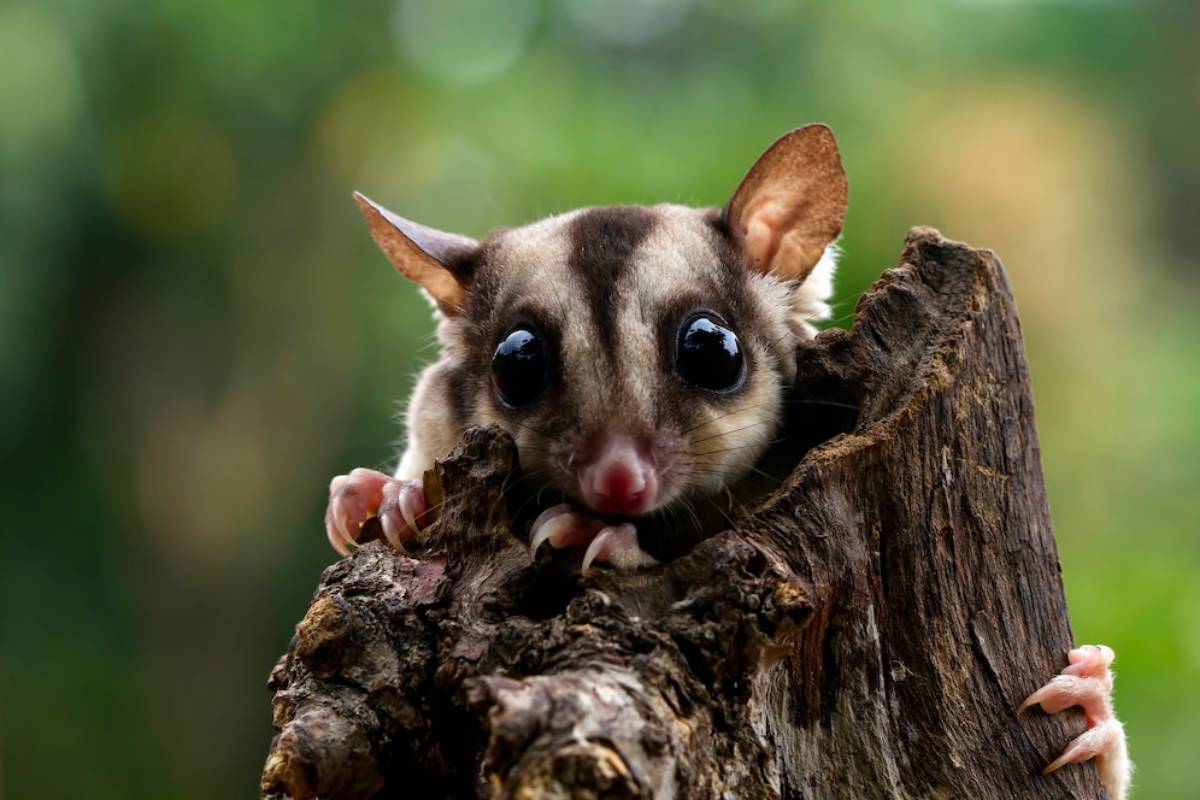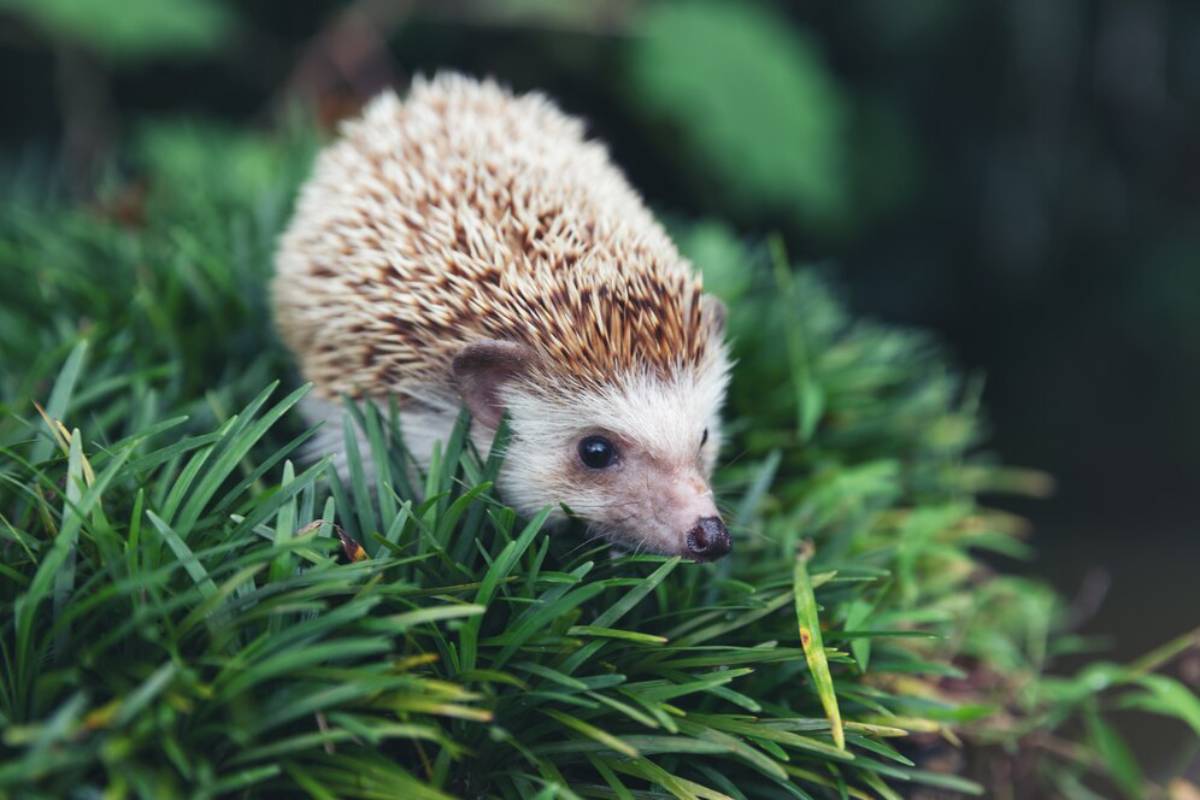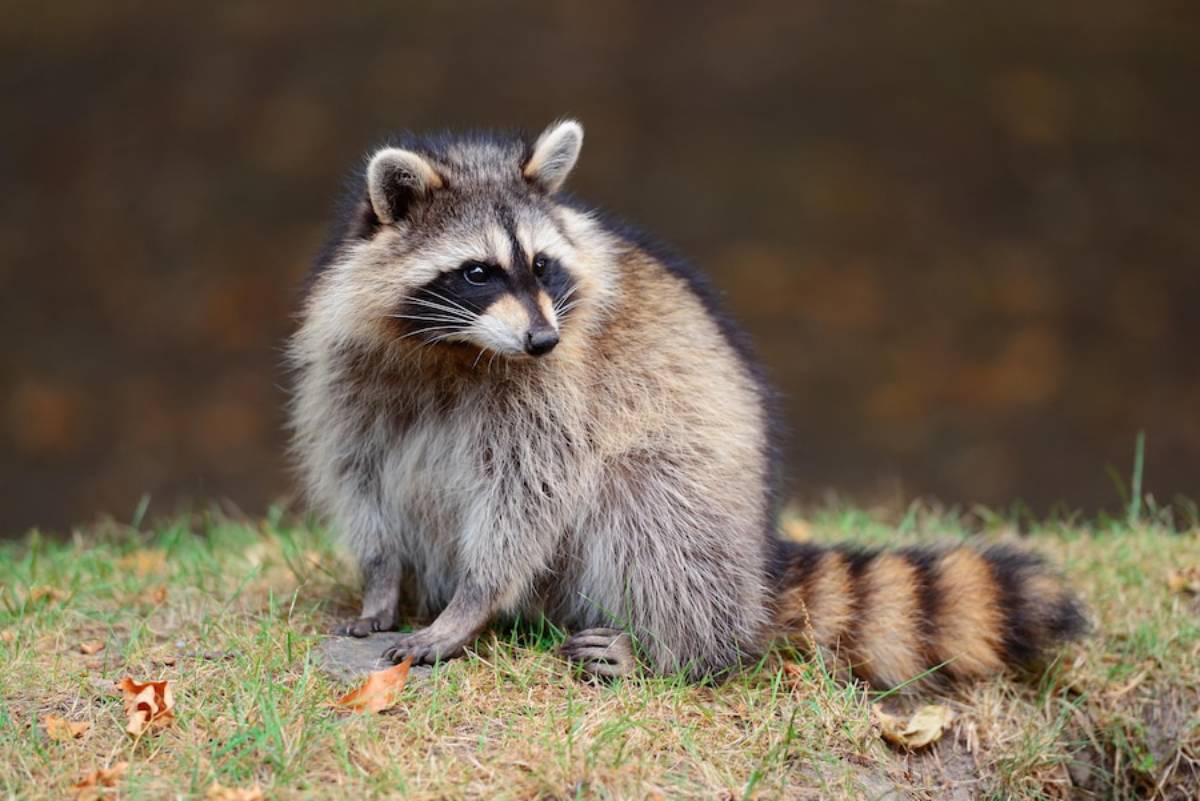
Exotic Mammals That Thrive in Captivity
While dogs and cats continue to reign as the world’s most popular pets, a growing number of animal lovers are turning their attention to more unusual companions—exotic mammals. From the inquisitive ferret to the wide-eyed sugar glider, these animals offer distinctive personalities, fascinating behaviours, and a fresh perspective on the human–animal bond.
However, not all wild or non-domesticated mammals are suitable as household pets. Ethical ownership starts with understanding which species adapt well to captive care. Factors such as temperament, diet, enclosure needs, and veterinary access must be considered. This article highlights exotic mammals that, when properly housed and cared for, can thrive in captivity and form rewarding relationships with responsible owners.
What Makes a Mammal ‘Exotic’?
In pet-keeping terms, exotic mammals typically refer to species that are not traditionally domesticated. These animals often originate from wild environments and may require specific conditions to remain healthy and stress-free in human care.
Examples include:

- Small carnivores (e.g. fennec foxes)
- Marsupials (e.g. sugar gliders)
- Rodents and lagomorphs (e.g. degus, chinchillas)
- Non-domesticated primates or hoofstock (though often unsuitable for casual pet ownership)
For the purpose of this article, we focus on species that are generally legal to own in the UK and can adapt well to life as a pet under the right conditions.
1. Ferrets (Mustela putorius furo)
Ferrets are perhaps the best-known exotic mammal commonly kept as a pet. Bred in captivity for hundreds of years, these intelligent and playful animals are affectionate, mischievous, and surprisingly trainable.
Why They Thrive in Captivity:
- Already well-adapted to human environments
- Require interactive play, which strengthens bonds
- Comfortable in spacious indoor enclosures or ferret-proofed rooms
Captive Care Tips:
- Provide at least 3–4 hours of supervised play outside their cage daily
- Feed a high-protein carnivorous diet
- Enrichment is essential: tunnels, hammocks, and toys
- Regular vaccinations and deworming recommended
Ferrets are sociable and generally do best in pairs or groups.
2. Chinchillas (Chinchilla lanigera)
Chinchillas, native to the Andes, are prized for their soft fur and quiet nature. These small herbivores are nocturnal, making them better suited to night owls and calm households.
Why They Thrive in Captivity:
- Well-established in the pet trade
- Can live up to 15 years with good care
- Require less interaction than other species, ideal for quieter owners
Captive Care Tips:
- Keep in a tall, multi-level cage with solid floors
- Provide regular dust baths to maintain coat health
- Avoid overheating—chinchillas are extremely sensitive to high temperatures
- Feed high-fibre diets (hay, chinchilla pellets)
Chinchillas are best observed rather than handled excessively, as they are delicate and can become stressed with rough handling.
3. Sugar Gliders (Petaurus breviceps)
These tiny, nocturnal marsupials are social creatures capable of forming strong bonds with their human carers. With proper handling and an understanding of their needs, sugar gliders can make engaging unique pets.
Why They Thrive in Captivity:
- Naturally social and bond well when raised from a young age
- Entertaining to observe, especially during active nighttime hours
- Adapt well to routine when provided with consistent care
Captive Care Tips:
- Must be housed in pairs or groups—solitary sugar gliders suffer psychologically
- Require a tall cage with branches and gliding space
- Feed a balanced diet of nectar, fruit, vegetables, and protein sources
- Bonding pouches and daily handling help build trust
Prospective owners must be prepared for the long-term commitment sugar gliders require, as they can live up to 12–15 years.
4. Hedgehogs (Atelerix albiventris)

African pygmy hedgehogs are solitary, quiet, and compact pets that have gained popularity for their unique appearance and low-maintenance routines.
Why They Thrive in Captivity:
- Comfortable living alone
- Adapt well to indoor enclosures
- Calm and content with minimal stimulation
Captive Care Tips:
- Provide a large cage with bedding, hiding spaces, and a running wheel
- Keep the temperature consistent (between 23–27°C)
- Feed high-quality insectivore pellets supplemented with insects and veg
- Handle gently to build tolerance and trust
Hedgehogs are best for owners looking for an independent pet that doesn’t require constant interaction.
5. Degus (Octodon degus)
Degus are social rodents native to Chile, known for their intelligence and active nature. Less common than guinea pigs or hamsters, they make fascinating companions for experienced owners.
Why They Thrive in Captivity:
- Thrive in same-species groups, encouraging natural social behaviour
- Highly active and benefit from human interaction
- Easy to bond with when handled regularly from a young age
Captive Care Tips:
- Large cage with multiple levels, chew toys, and exercise wheels
- High-fibre diet: hay, pellets, limited vegetables (avoid high-sugar foods)
- Dust baths keep their fur clean
- Gentle handling and daily engagement recommended
Degus are excellent unique pets for families willing to invest in enrichment and social time.
6. Fennec Foxes (Vulpes zerda)
Native to North Africa, fennec foxes are the smallest of the fox species and have gained a niche following among exotic pet enthusiasts.
Why They Thrive in Captivity (with limitations):
- Inquisitive and playful, much like a cross between a cat and dog
- Bond closely with patient, consistent owners
- Can be litter trained
Captive Care Tips:
- Require extremely secure, spacious enclosures (indoors or outdoors)
- High-energy animals: need space to run and play
- Diet should mimic natural intake—high-quality dog food, eggs, insects, and meat
- Not suited for beginners due to their sensitivity and complex needs
Legal ownership of fennec foxes varies by region. Always check local laws before considering one as a pet.
Species to Avoid for the Average Owner

Not all exotic mammals are suited to home environments. Animals such as raccoons, primates, slow lorises, and certain wild cats pose serious ethical, legal, and health concerns. These species often have:
- Aggressive or unpredictable behaviour
- Strong territorial instincts
- Zoonotic disease risks
- Welfare needs that can’t be met in captivity
Responsible exotic pet ownership means understanding and respecting the natural limitations of each species.
Best Practices for Captive Care
Whether you’re housing a hedgehog or a sugar glider, captive care is about more than food and water. Consider the following essentials:
1. Enclosure Design
Match your pet’s natural habitat—include climbing space, burrows, or gliding room as appropriate.
2. Dietary Specificity
Each species has a unique dietary profile. Consult exotic vets or trusted sources to avoid imbalances.
3. Enrichment
Mental stimulation prevents boredom and behavioural issues. Rotate toys, introduce puzzles, and allow supervised out-of-cage time.
4. Veterinary Access
Find a vet experienced in exotic mammal care. Annual check-ups and emergency access are vital.
5. Legal and Ethical Considerations
Always research legality, breeding standards, and source reputation before acquiring a unique pet.
Unique Pets, Informed Owners
Exotic mammals offer an extraordinary opportunity to deepen your appreciation for the animal kingdom, but they also demand a deeper level of commitment and care. Unlike traditional pets, they often have complex environmental, nutritional, and social needs that must be met to ensure a fulfilling life in captivity.
Choosing the right species, understanding its requirements, and providing ethical, informed captive care ensures that your bond with your unique pet is both enriching and responsible.
Take action today: Evaluate your lifestyle, research extensively, and consult professionals before welcoming an exotic mammal into your home. The reward is a truly special connection with a creature unlike any other.


